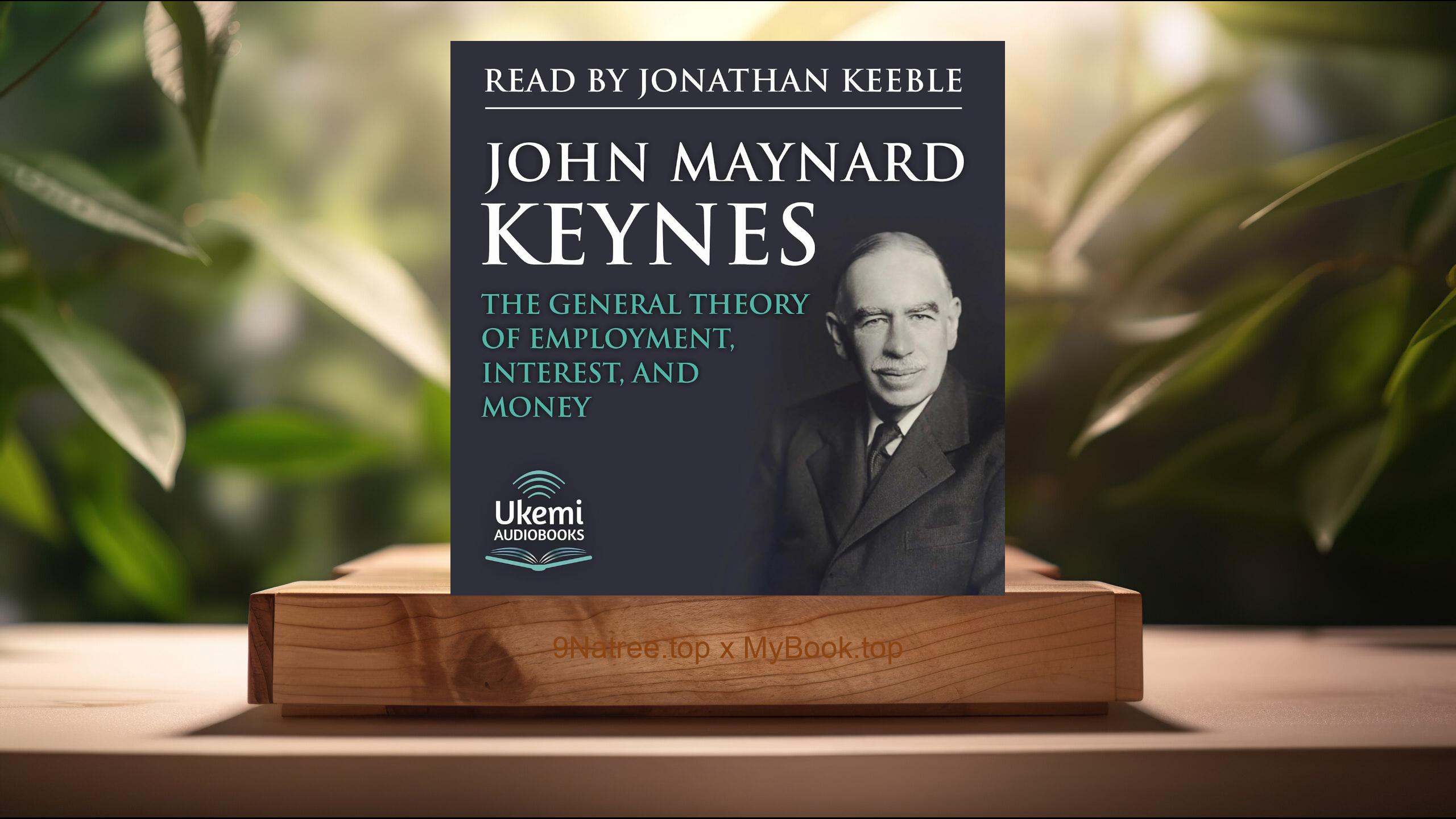Show Notes
- Amazon US Store: https://www.amazon.com/dp/B087KJLKCC?tag=9natree-20
- Amazon Worldwide Store: https://global.buys.trade/The-Deficit-Myth-Stephanie-Kelton.html
- Apple Books: https://books.apple.com/us/audiobook/the-deficit-myth/id1517194889?itsct=books_box_link&itscg=30200&ls=1&at=1001l3bAw&ct=9natree
- eBay: https://www.ebay.com/sch/i.html?_nkw=The+Deficit+Myth+Stephanie+Kelton+&mkcid=1&mkrid=711-53200-19255-0&siteid=0&campid=5339060787&customid=9natree&toolid=10001&mkevt=1
- Read more: https://mybook.top/read/B087KJLKCC/
#ModernMonetaryTheory #FiscalPolicy #EconomicInequality #GovernmentSpending #FullEmployment #InflationControl #FederalDeficit #TheDeficitMyth
These are takeaways from this book.
Firstly, Understanding Modern Monetary Theory (MMT), Modern Monetary Theory (MMT) is the backbone of Stephanie Kelton's 'The Deficit Myth,' offering a novel perspective on economics that diverges from conventional wisdom. At its core, MMT posits that countries that control their own fiat currency, like the United States, can never "run out" of money in the same way a household or business can, because they can always create more money to pay for goods and services. This fundamental shift in understanding highlights the fact that the constraint on spending is not revenue, but inflation. Kelton meticulously argues that this means governments can and should spend more freely on public services and welfare, as long as such spending does not lead to a harmful level of inflation. This topic unlocks a deeper comprehension of the rest of the book’s arguments, serving as a foundation for rethinking fiscal policy and its role in serving public purpose.
Secondly, The Myth of the Fiscal Deficit, One of the key points Kelton addresses is the myth surrounding fiscal deficits. Traditional economics often views government deficits as irresponsible or unsustainable, likening them to household spending beyond their means. However, through the lens of MMT, Kelton explains that a government deficit is not inherently bad; in fact, it can be beneficial for the economy. A deficit means the government is injecting more money into the economy than it is removing through taxes, which can lead to increased demand for goods and services, lower unemployment, and economic growth. Kelton argues that the real issues come from how the deficit is used—whether it is invested in productive or wasteful ventures—and not from the size of the deficit itself. This reorientation away from the fear of deficits towards an emphasis on strategic spending has profound implications for social and economic policy.
Thirdly, Full Employment and Inflation, Kelton’s discussion of full employment and the relationship between employment and inflation is another vital aspect of her argument against the deficit myth. Under MMT, the goal of government spending should include achieving and maintaining full employment—where anyone who wants to work can find a job. Unlike classical economics, which often sees a trade-off between low unemployment and low inflation, Kelton suggests that with the correct fiscal tools, it is possible to achieve both. She advocates for a federal job guarantee, a policy proposition where the government becomes an employer of last resort, offering a job to anyone who is unable to find employment in the private sector. Not only would this improve economic stability and personal well-being, but Kelton also argues it would help control inflation by regulating the demand for labor without causing massive unemployment.
Fourthly, Public Purpose and Government Spending, Kelton emphasizes the importance of government spending directed towards the public purpose, critiquing the current focus on deficit reduction over beneficial social programs. She argues that investments in education, healthcare, infrastructure, and green energy are not just feasible despite the deficit but are essential for a prosperous economy. By redirecting the narrative from the costs of these investments to their benefits in terms of jobs, innovation, and sustainability, Kelton proposes a reevaluation of how fiscal policy is framed and implemented. This not only challenges the austerity mindset but also redefines fiscal responsibility as ensuring that government spending effectively serves the collective well-being of society.
Lastly, Overcoming Economic Inequality, A significant segment of 'The Deficit Myth' deals with the role of government spending in addressing and potentially diminishing economic inequality. Kelton argues that much of the inequality in modern economies stems from policy choices, including tax structures and spending priorities, rather than immutable economic laws. By leveraging the insights of MMT, she suggests that strategic government spending could radically reduce poverty and narrow the wealth gap without causing detrimental economic effects such as runaway inflation. This approach requires resisting the conventional emphasis on balanced budgets in favor of targeted spending aimed at uplifting the underprivileged segments of society, thus fostering a more inclusive economy.
![[Review] The Deficit Myth (Stephanie Kelton) Summarized](https://episodes.castos.com/660078c6833215-59505987/images/1847041/c1a-085k3-ok47jkwrt44o-bxb6fm.jpg)




